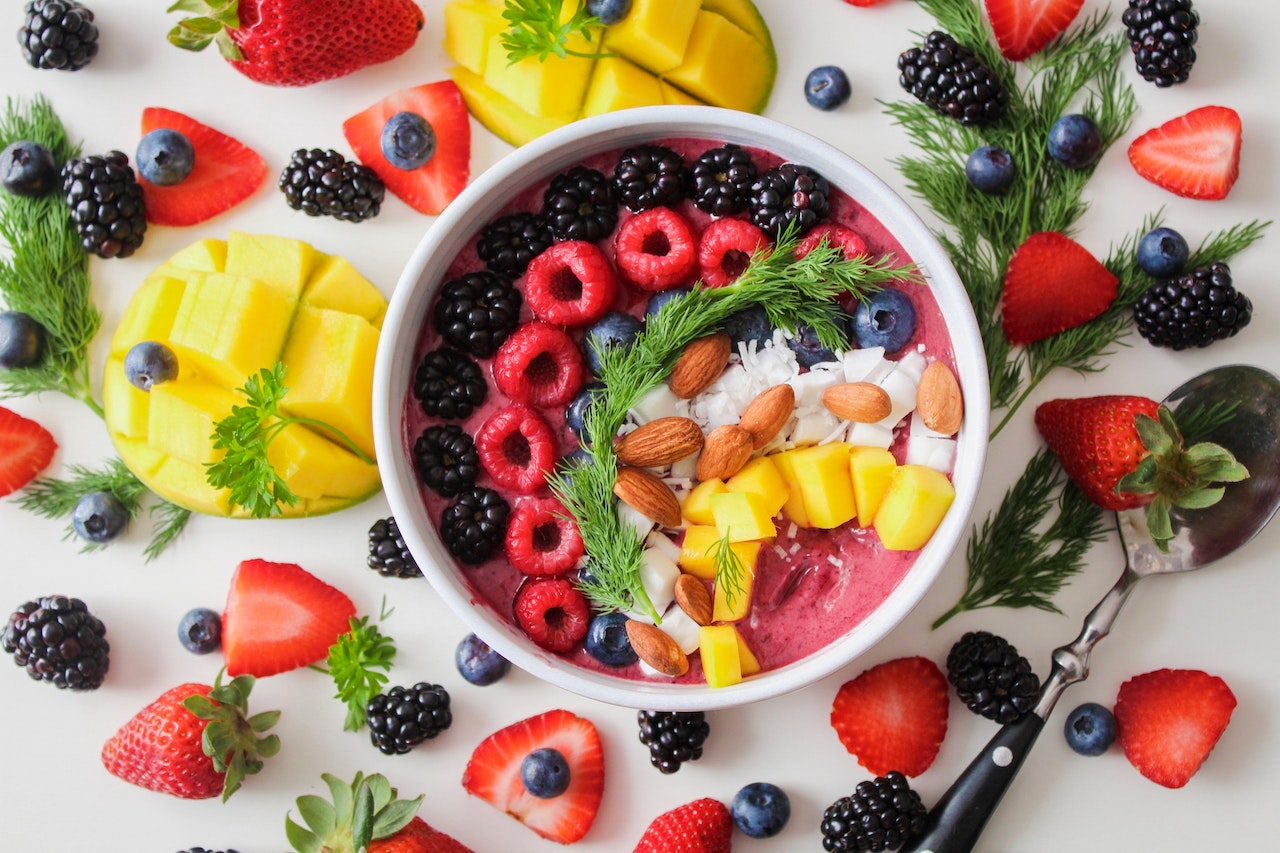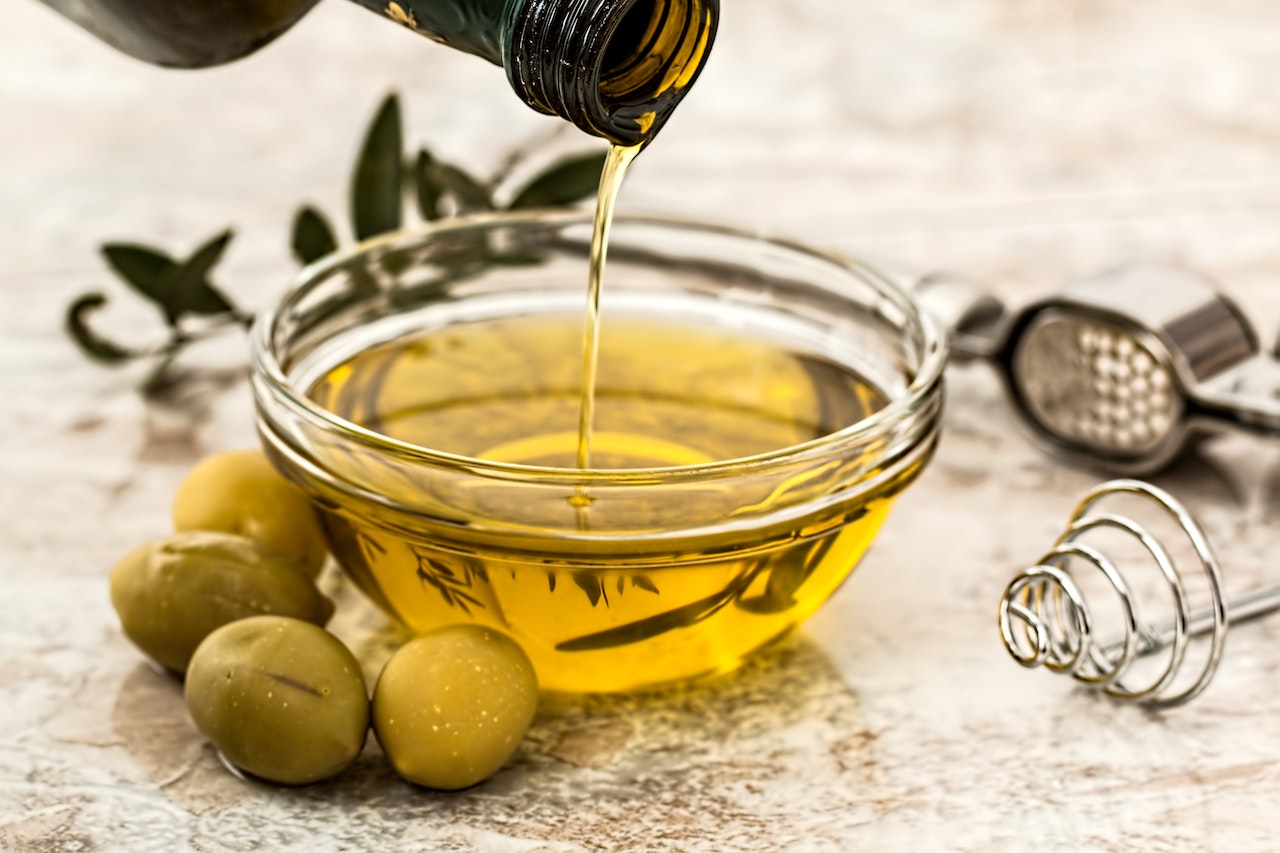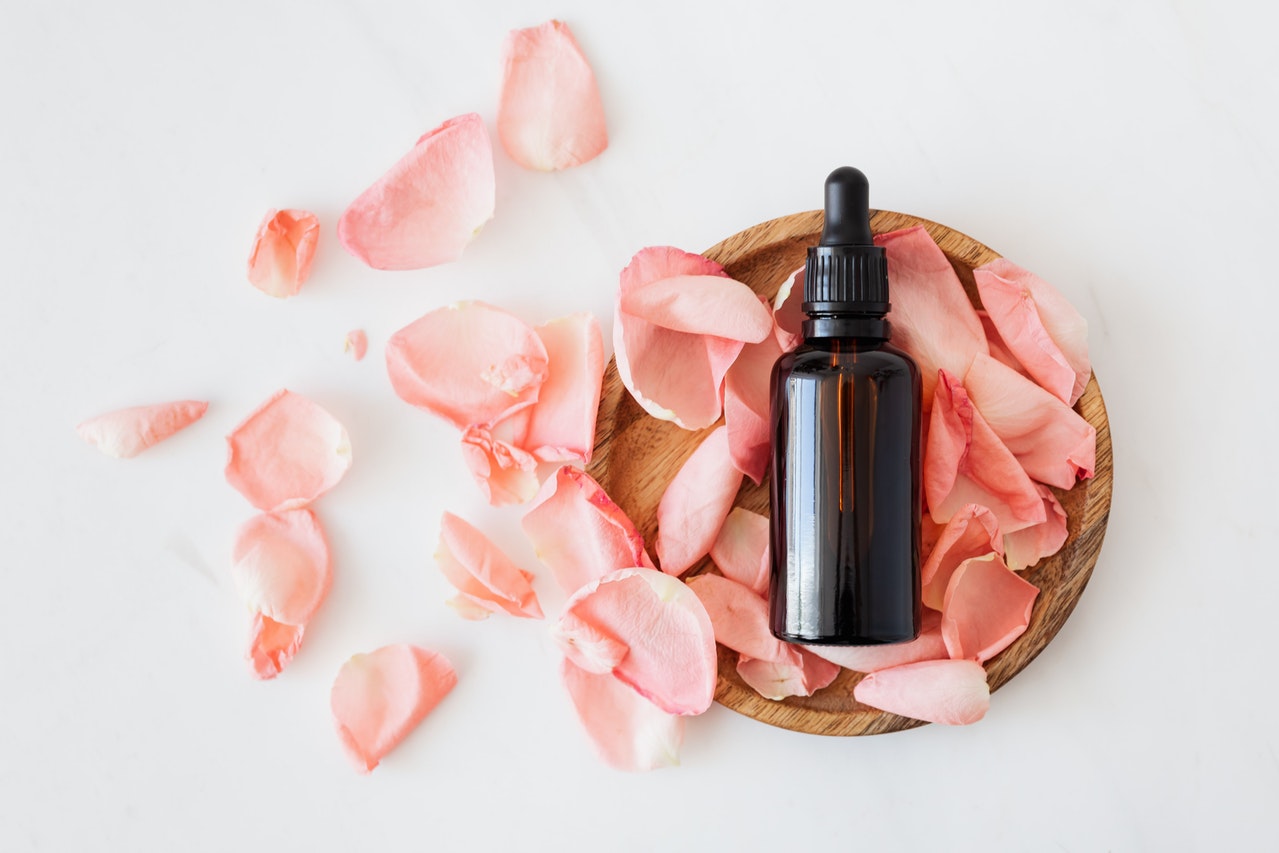Whether you consider yourself at the pinnacle of health or a work in progress, you may be searching for ways to keep your body at its best. While eating balanced meals, exercising and managing your stress are always the best ways to support your health, supplements can also lend a helping hand. In this article, we’ve rounded up the top supplements for men’s health.
1) Ashwagandha
If you’re like most men, the hustle of daily life can occasionally leave you feeling worn down and stressed out. Ashwagandha, a type of herb, can help you keep your cool when life is anything but. By keeping your stress hormones in check, ashwagandha may help combat some of the fatigue and restlessness that accompany stress. And while we usually think of our mental load when it comes to stress, ashwagandha may actually help with physical stress as well. Its use has been linked to benefits in muscle strength and workout recovery. So, whether your grind is at work or in your workout, ashwagandha might be your perfect match.
2) Omega-3
If fish is not making a regular appearance on your plate, consider adding an omega-3 supplement to your vitamin cabinet. Omega-3 is an essential fatty acid found in fish, nuts and seed oils that plays a vital role in maintaining your heart, brain and eyes. But despite all its accolades, two-thirds of adults aren’t getting enough. Look for a supplement that contains DHA and EPA, the specific type of omega-3 fatty acids that most of our diets are missing.
3) Vitamin C
Ever been accused of having the ‘man flu’? There may be some truth to it. Thanks to differences in hormones and genetics, men’s immune systems work differently from women’s. Some studies have shown that men may actually be more susceptible to certain infections. Regardless of your sex chromosomes, supporting your immune system is a no-brainer. Vitamin C helps your body repair tissue, form collagen and ward off infection. While mega-doses won’t give your immune system any superpowers, a vitamin C supplement can help keep you covered in times when your diet isn’t up to snuff.
4) Calcium
There’s a reason your mom used to nag you about drinking milk. It’s essential for strong bones. But your need for calcium doesn’t stop just when you finish growing. As we age, our bones naturally lose their density. A lack of calcium can accelerate this density loss and increase the risk for fractures and breakage. As vital as this mineral is, a whopping 39% of adults don’t get enough of it from their diet. Adding a calcium supplement to your routine can help fill in those gaps (you know…for days when you forget to drink your milk).
5) Vitamin D
Like Maverick and Goose, Vitamin D and calcium go hand in hand. Yet vitamin D is good for more than just strong bones. You need it for proper immune functioning, muscle strength and the regulation of hormones. In fact, vitamin D status has been linked to performance in sports and: Pssttt….not getting enough may keep you from crushing leg day (because you never skip leg day…right?). Since vitamin D isn’t found in many foods, most of us get the bulk of our vitamin D from the sun. But soaking in those rays doesn’t always mean you’re soaking in vitamin D. If you live above the 34th latitude (anywhere north of San Francisco and Pittsburg), you’ll have trouble getting enough vitamin D between October and March, when the sun’s rays are weaker. If you’re a northern dweller, consider adding a vitamin D supplement to your winter survival kit.
About Allie
Allie has a master’s in nutrition science from Framingham State University. She has worked as a Health Educator and Personal Trainer, and has a passion for helping people lead happier, healthier lives.
Do you have questions about supplements? Reach out to one of our experts, or take Persona’s free nutrition assessment, and learn exactly what you need to take your wellness to the next level.










